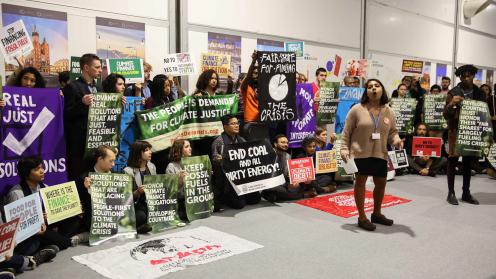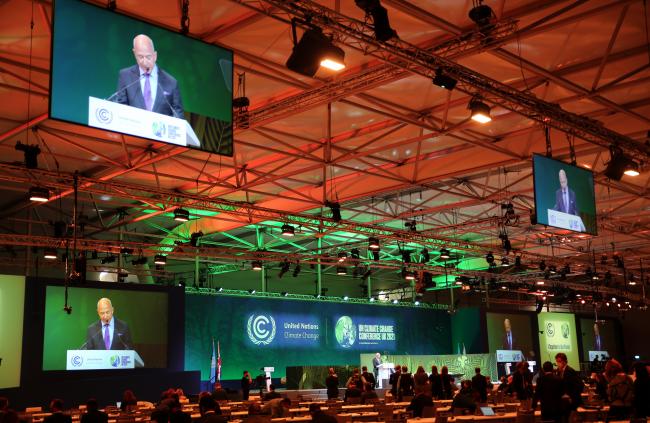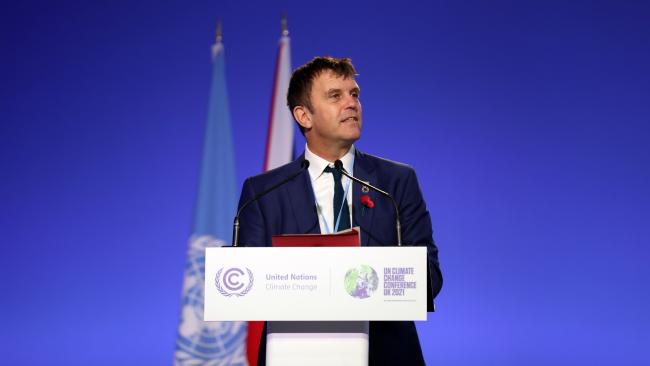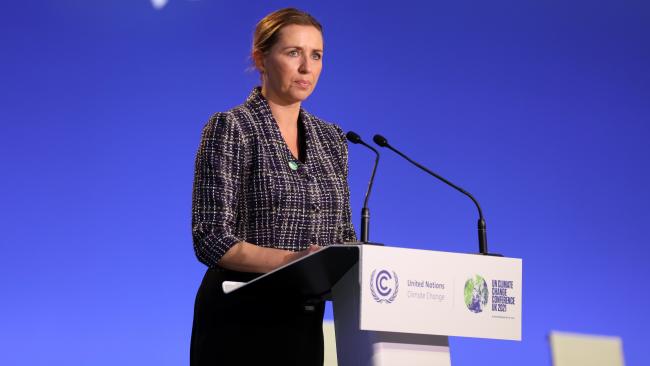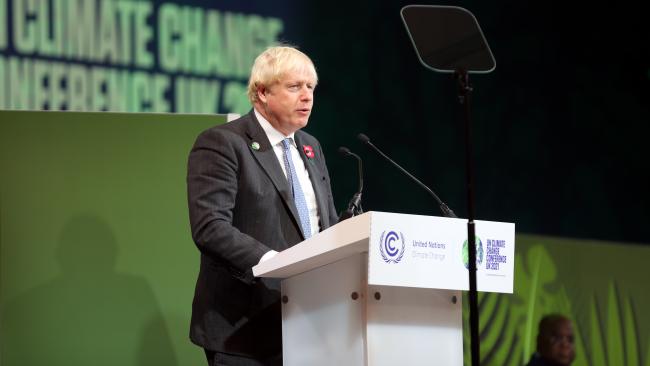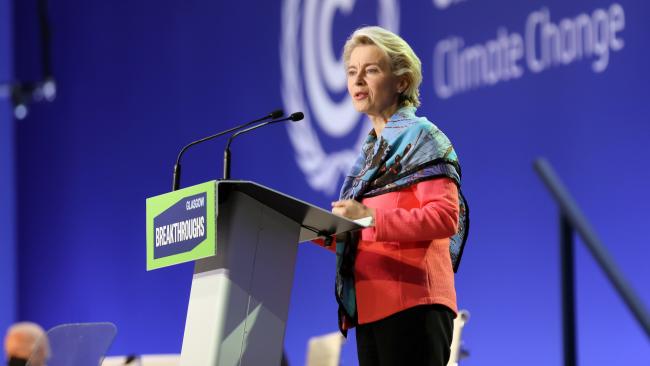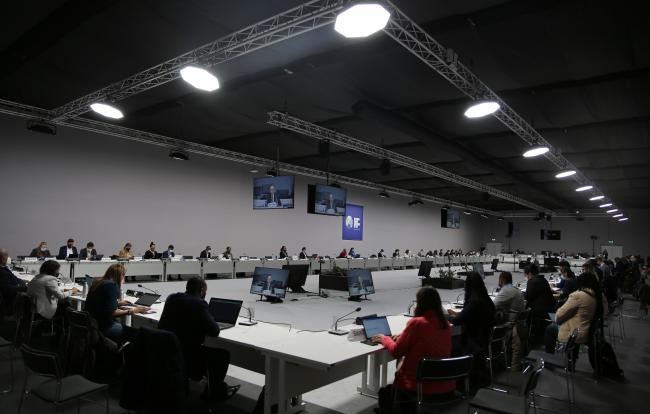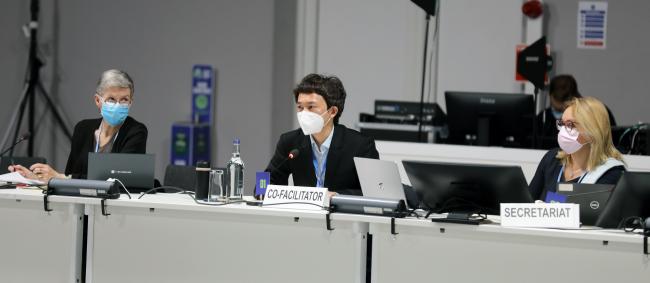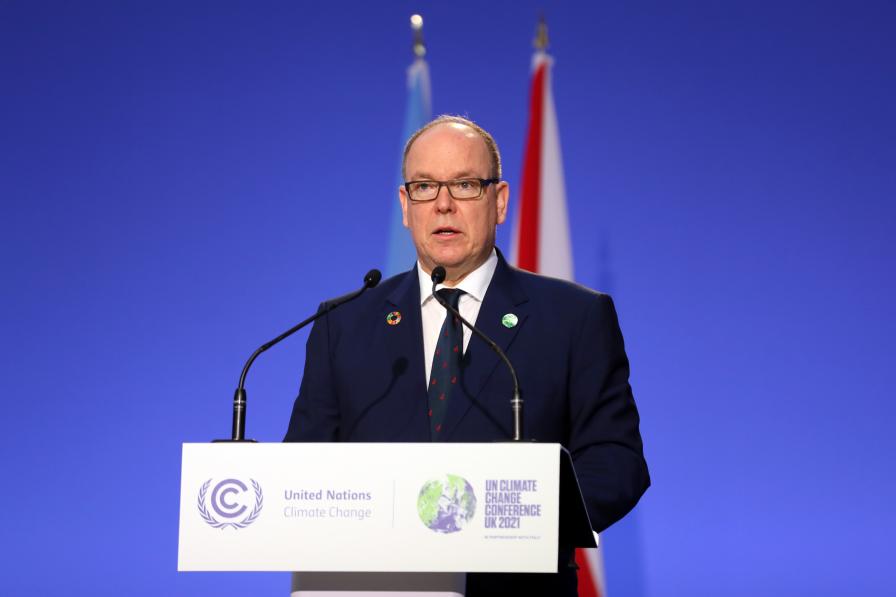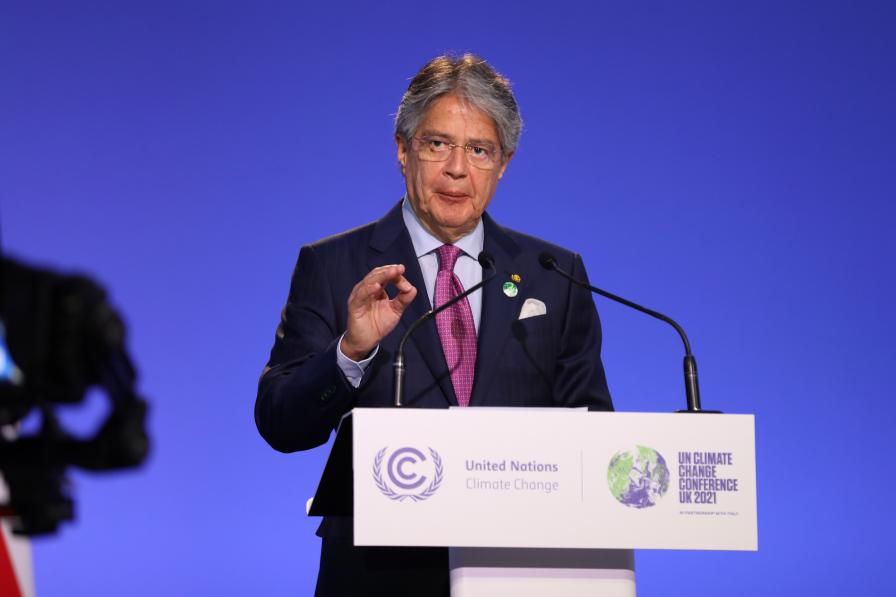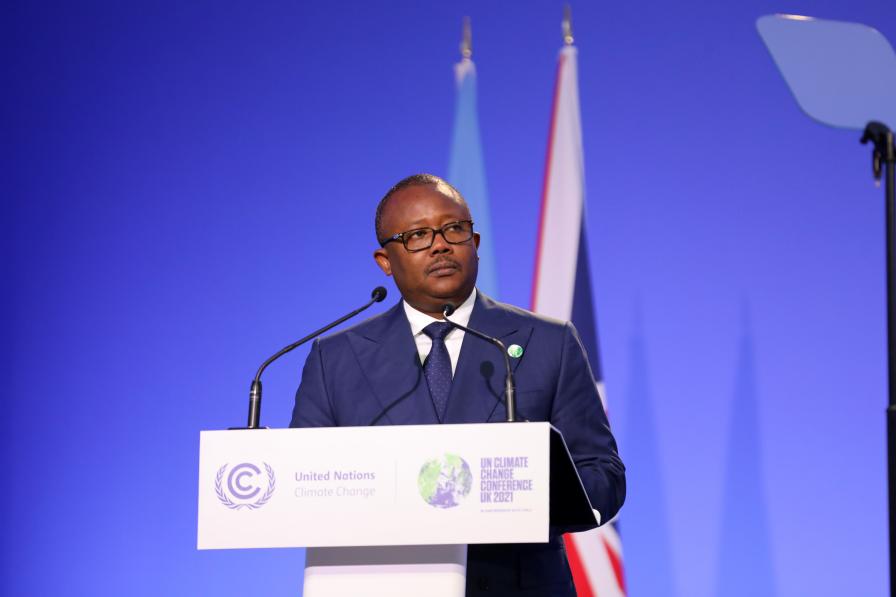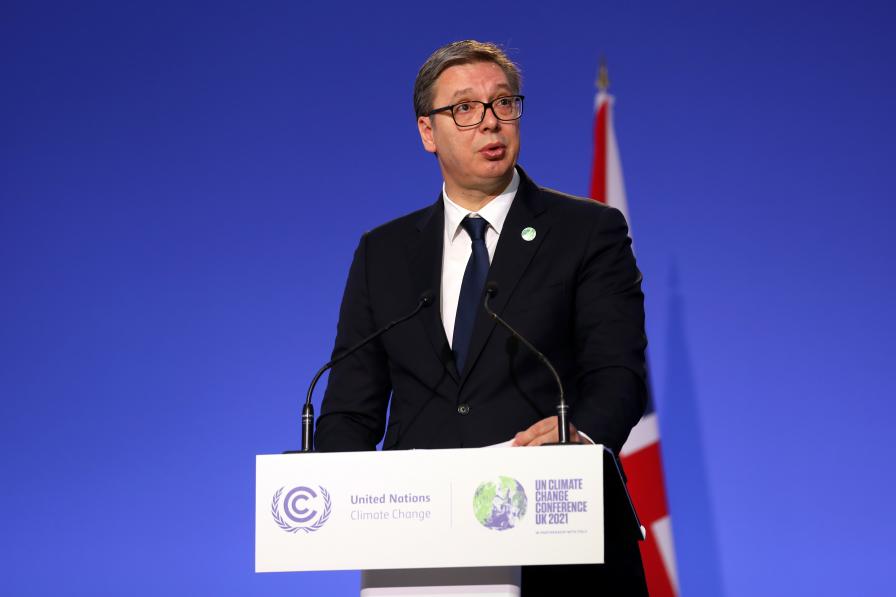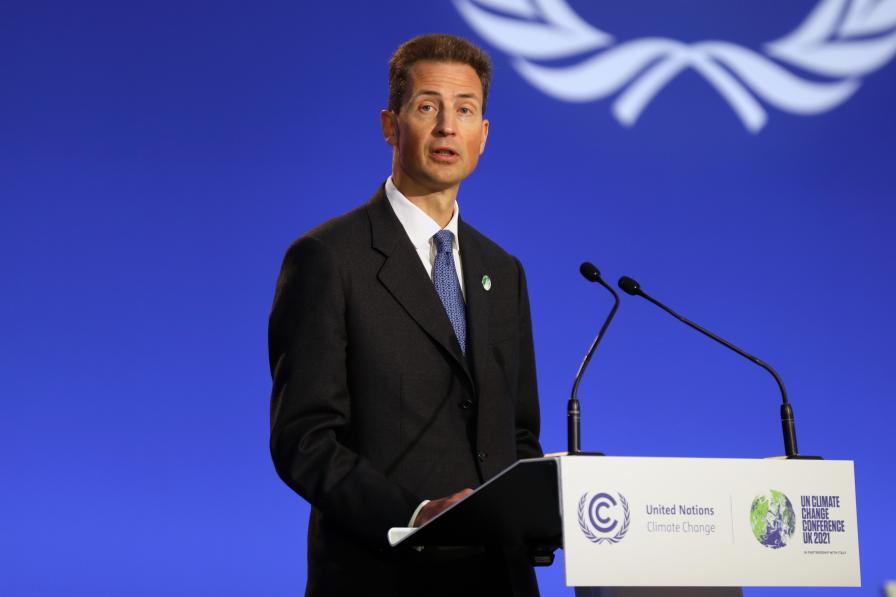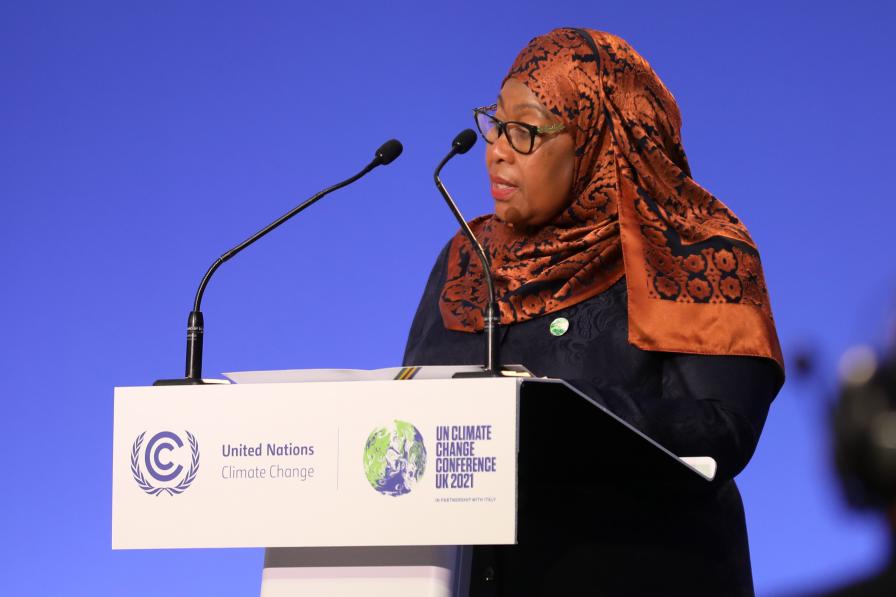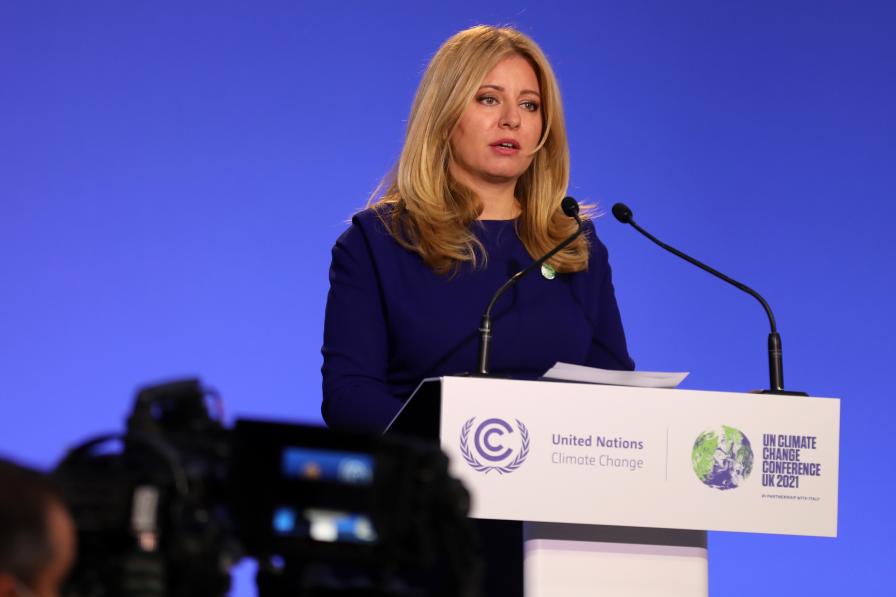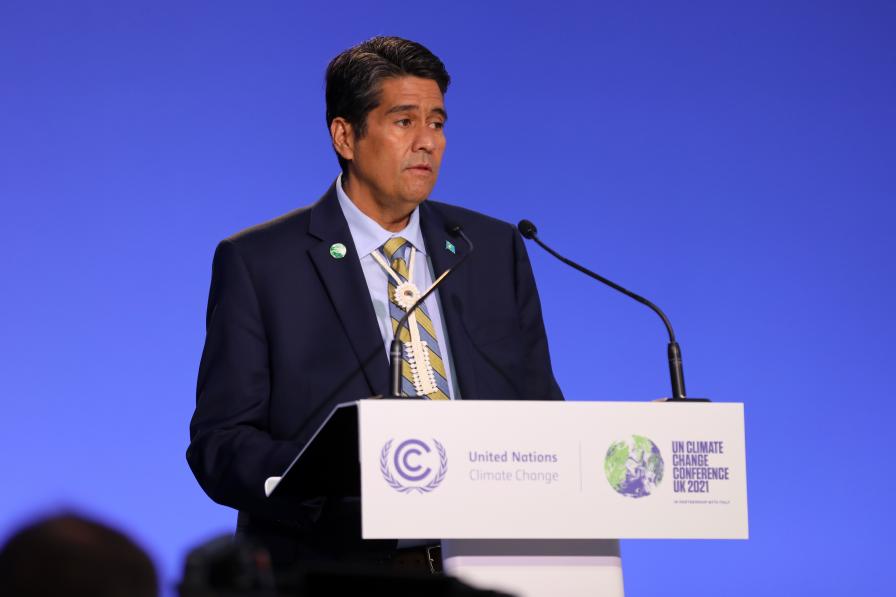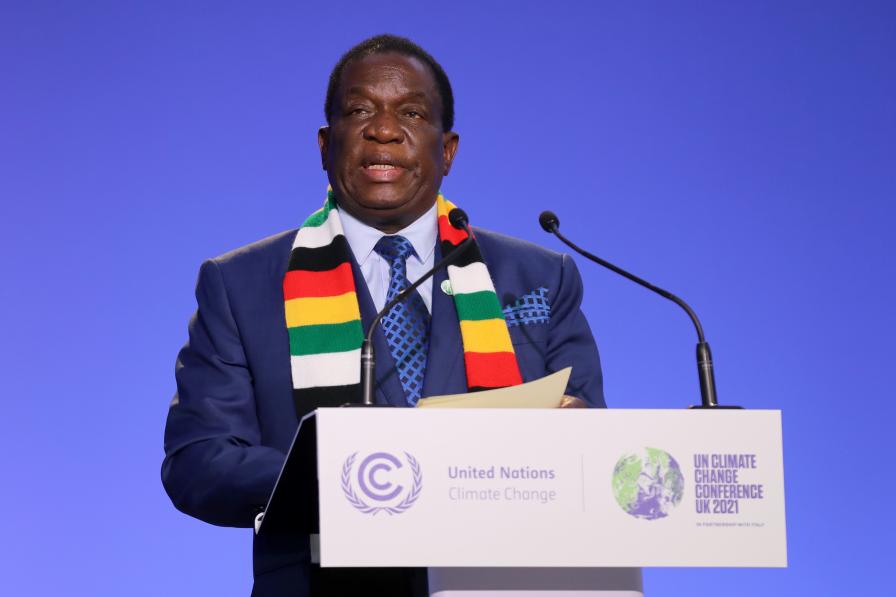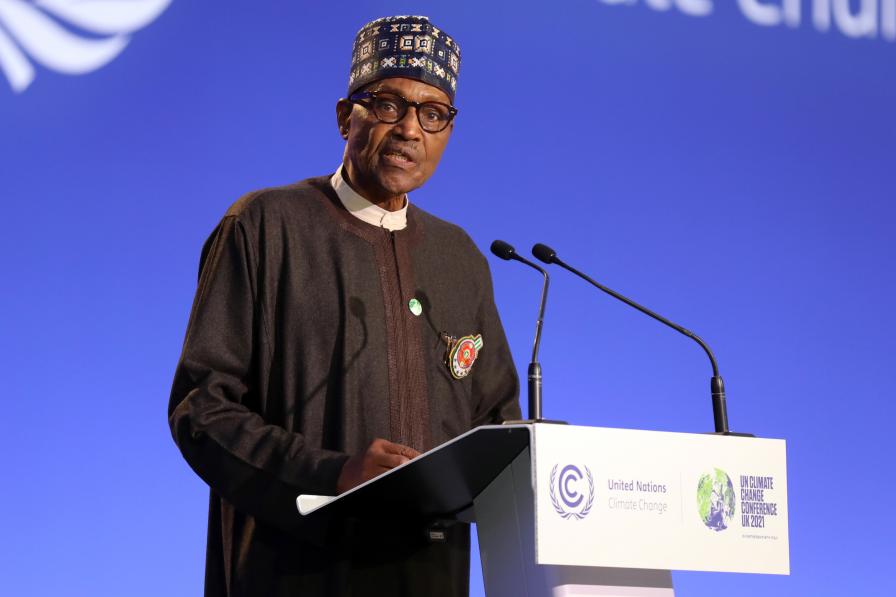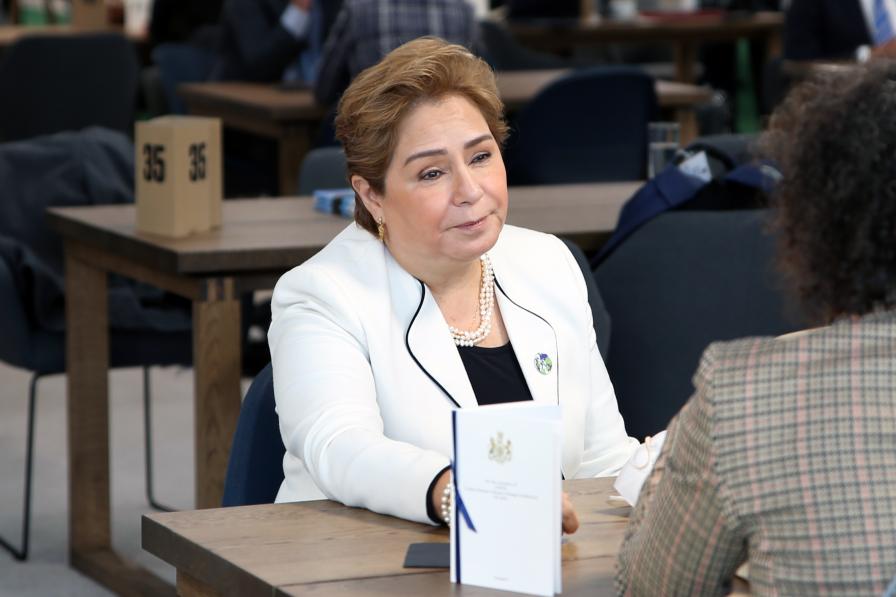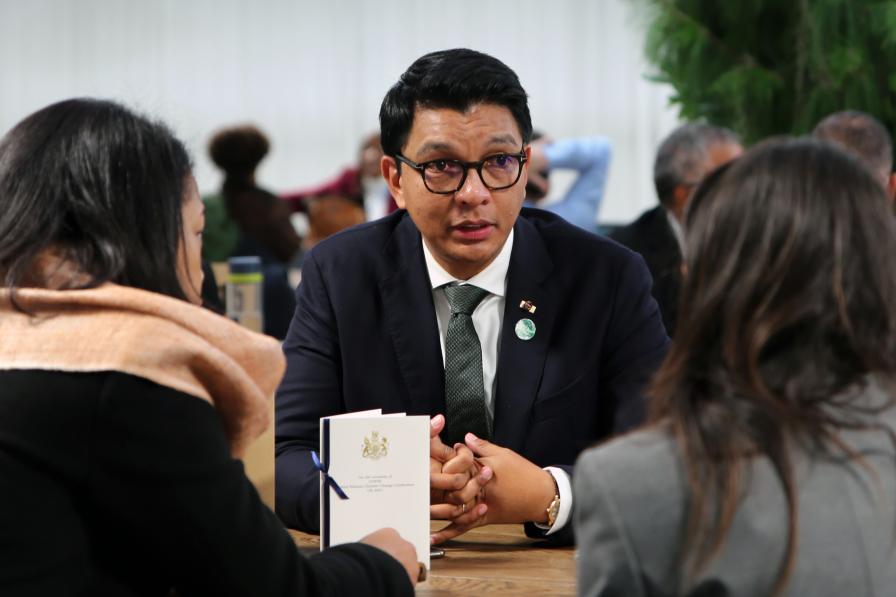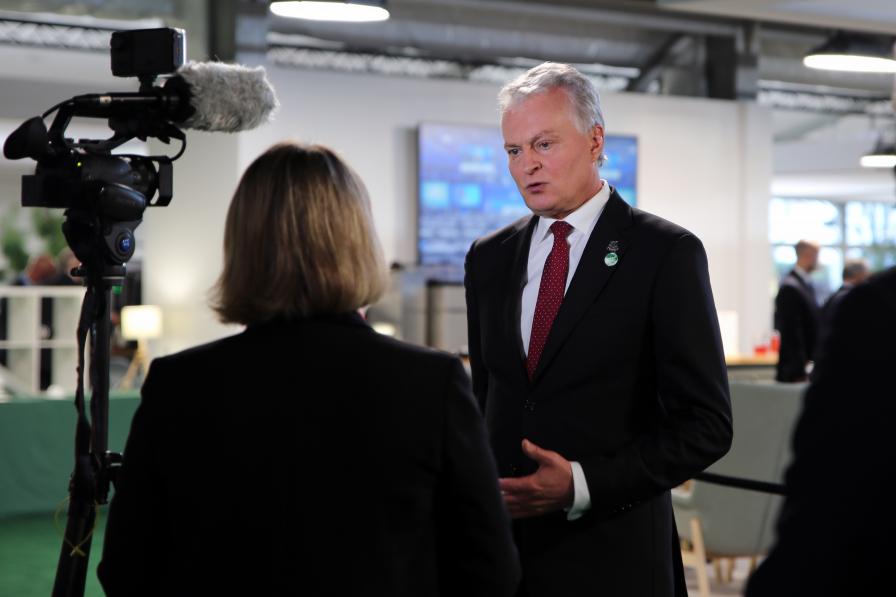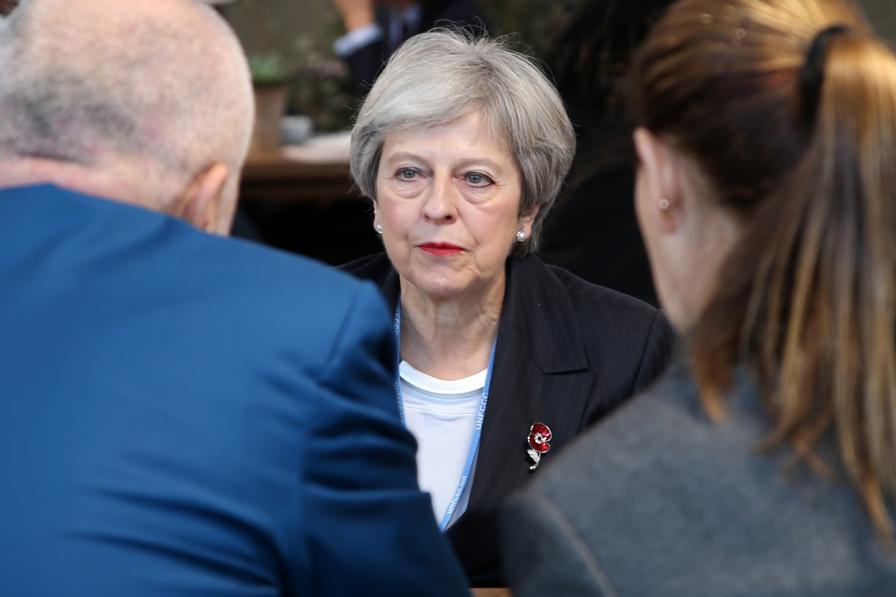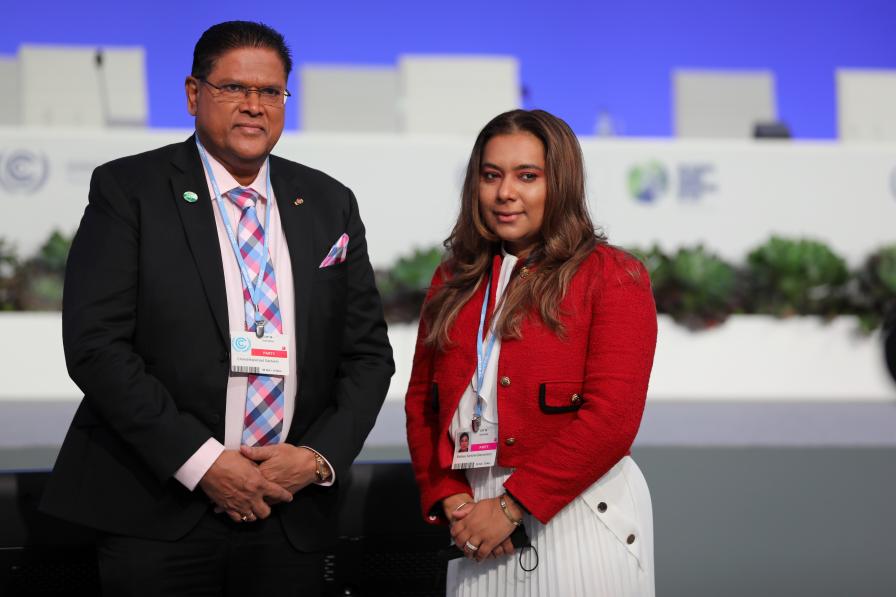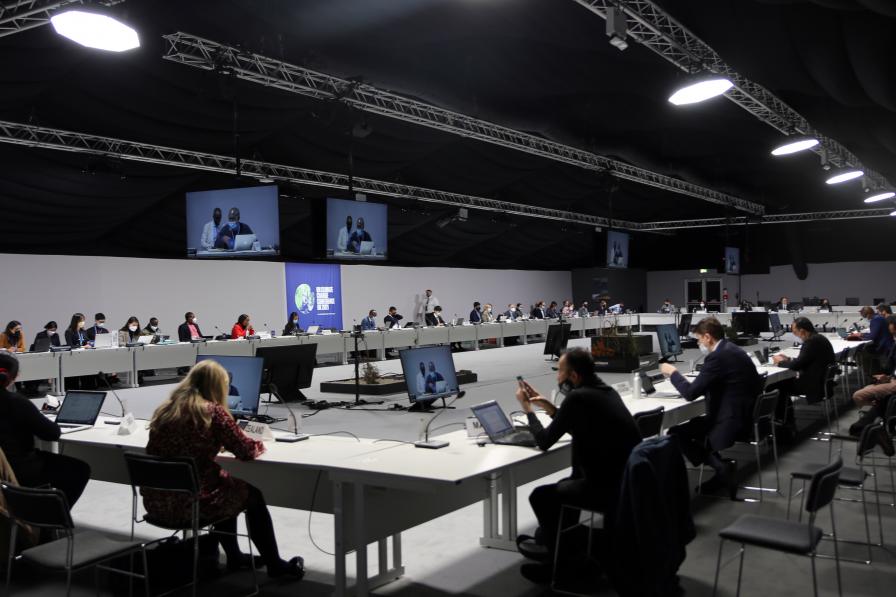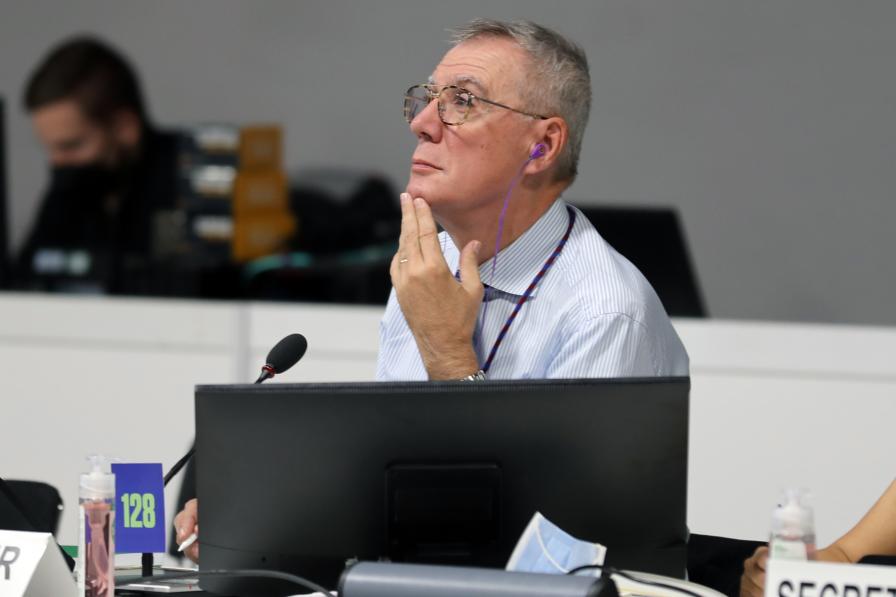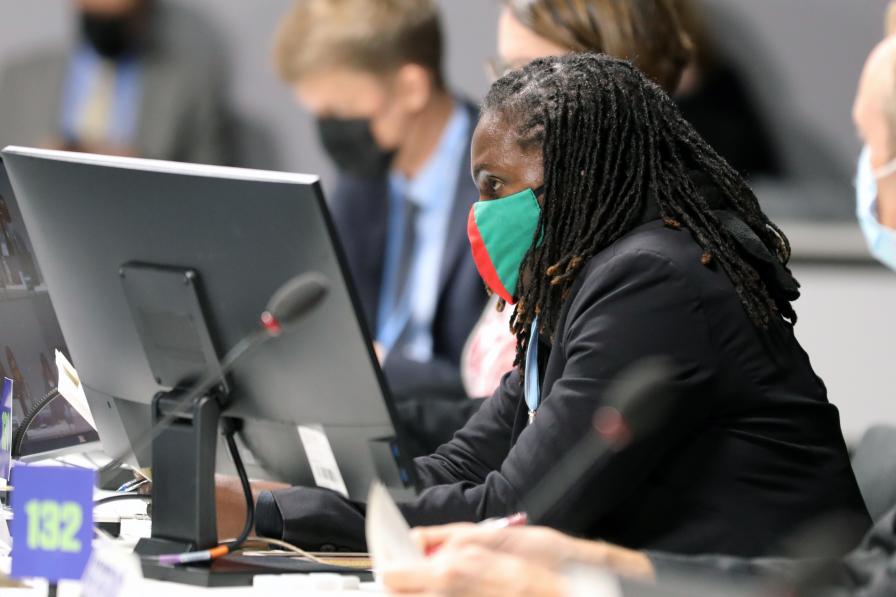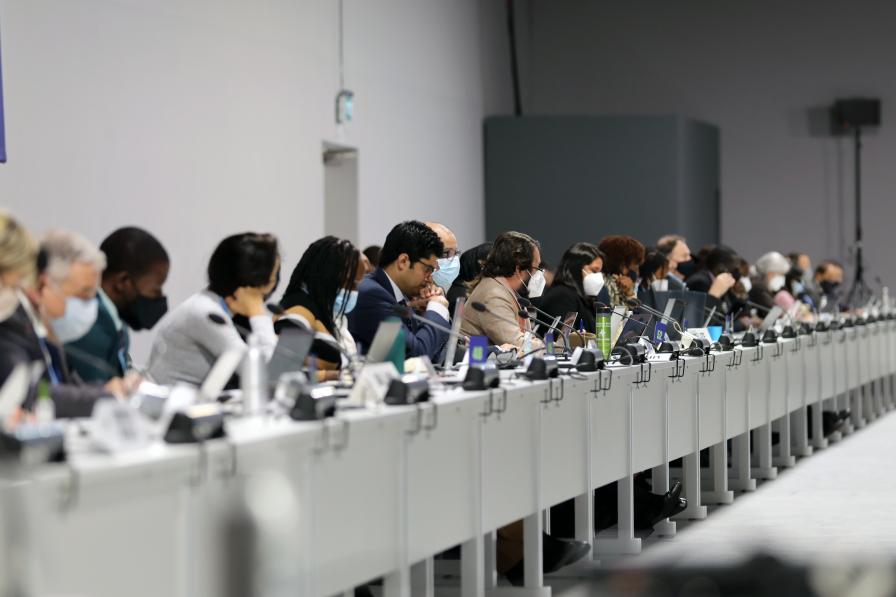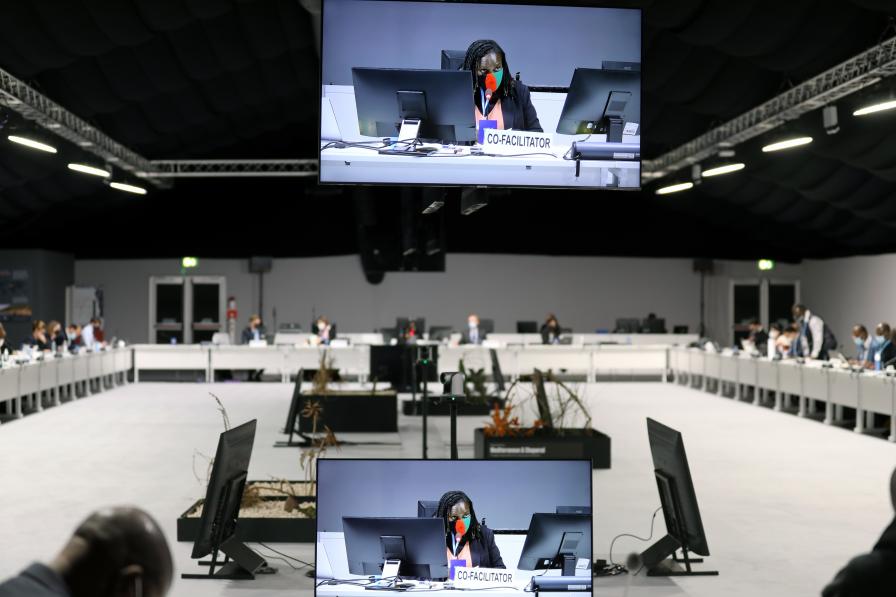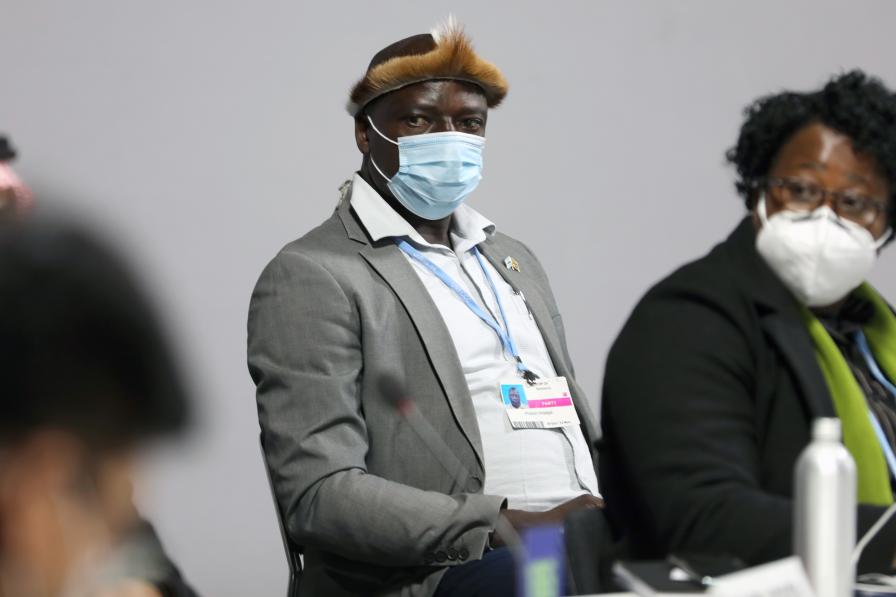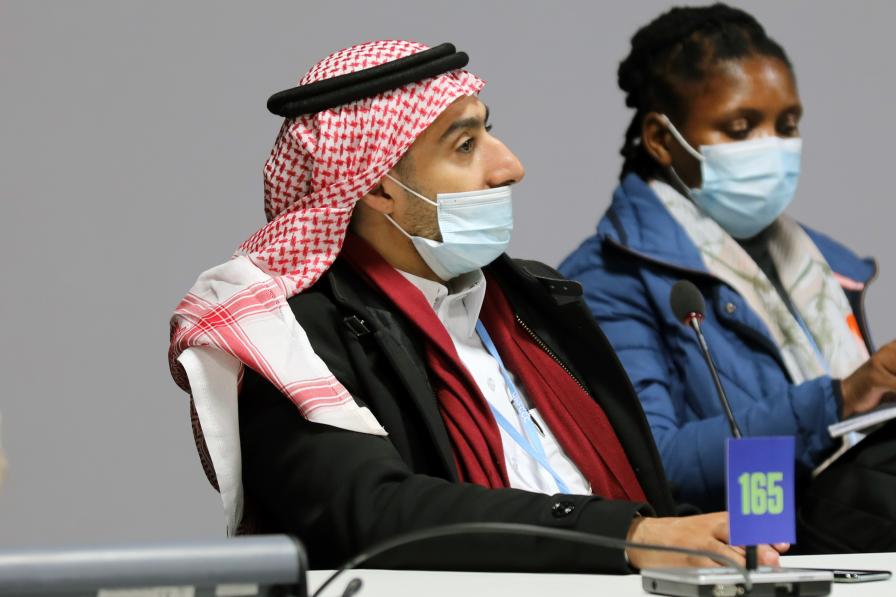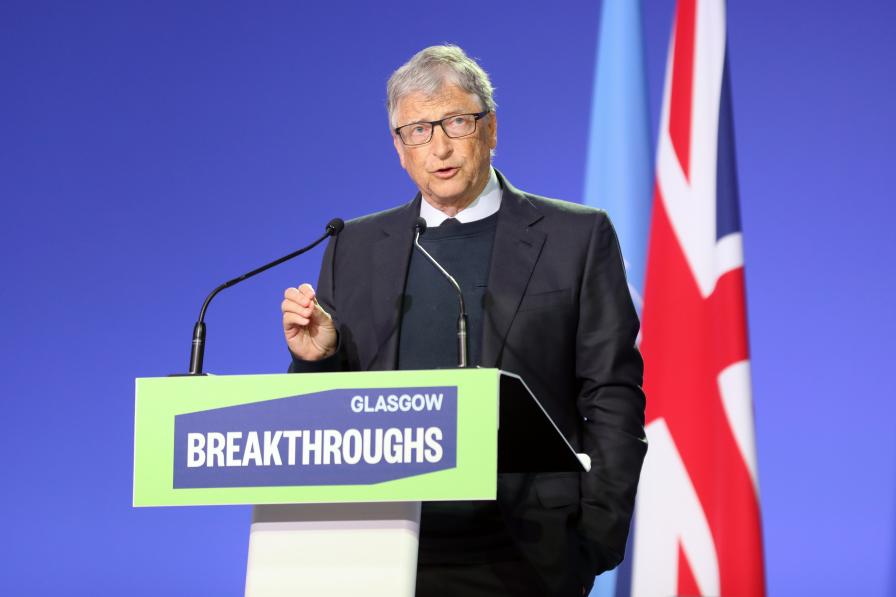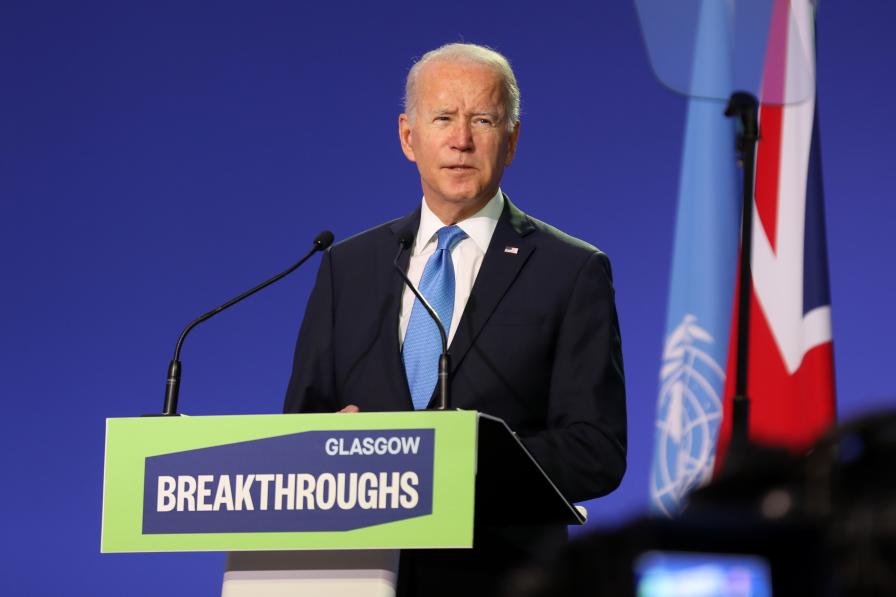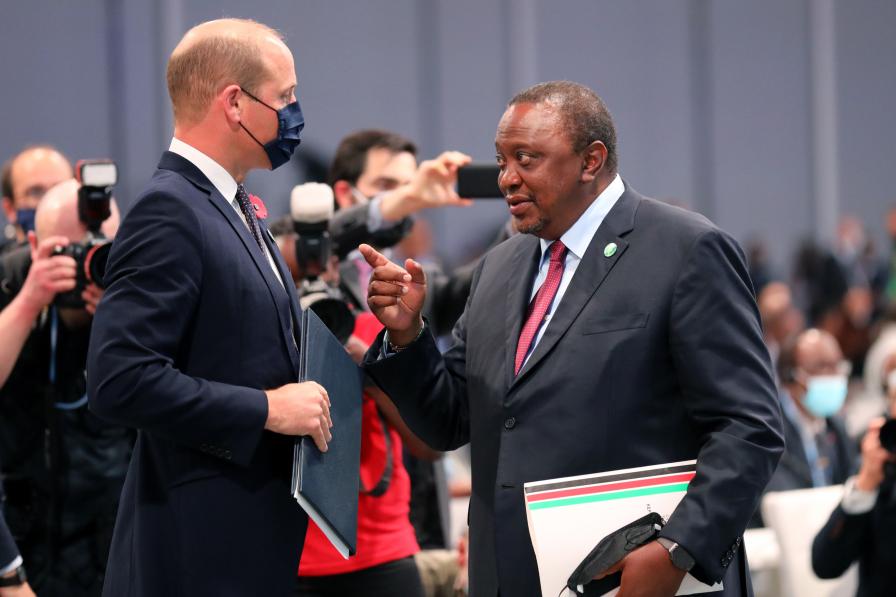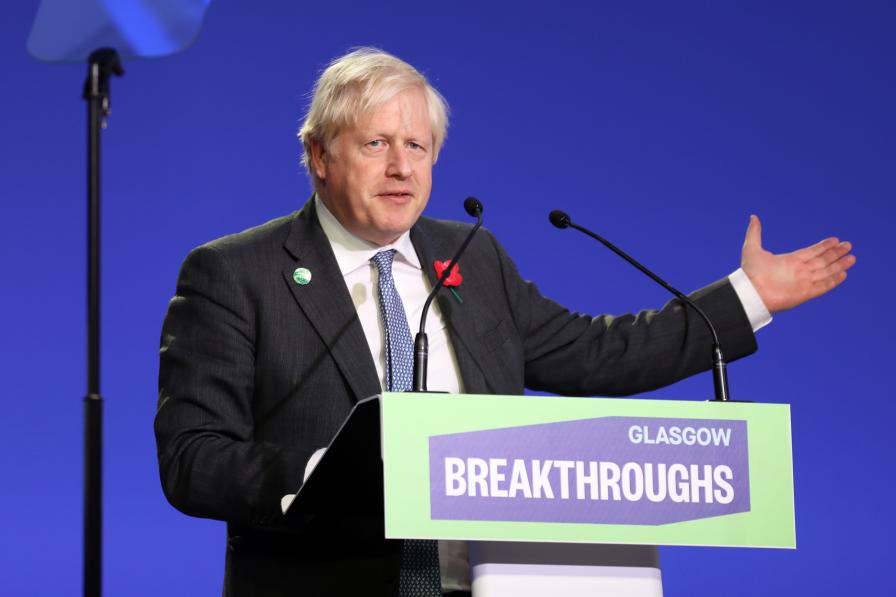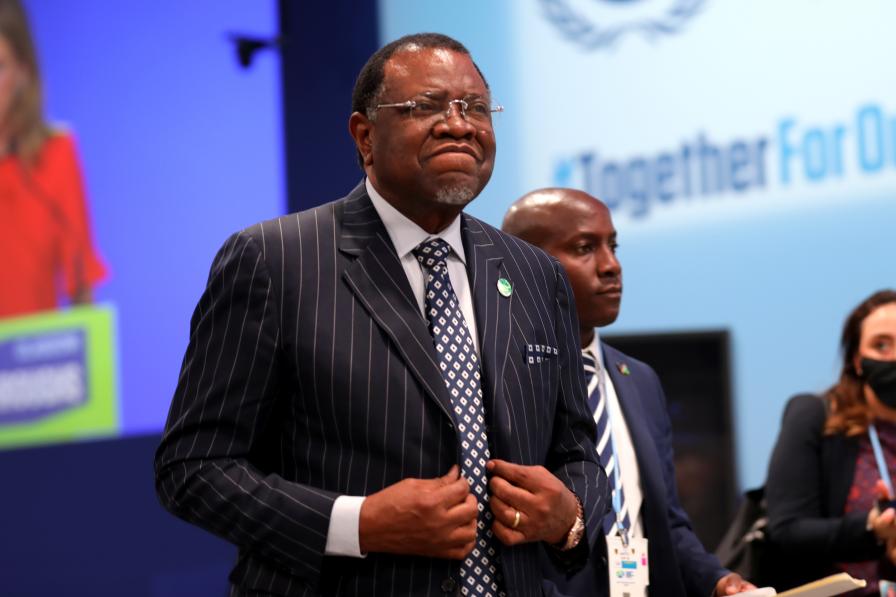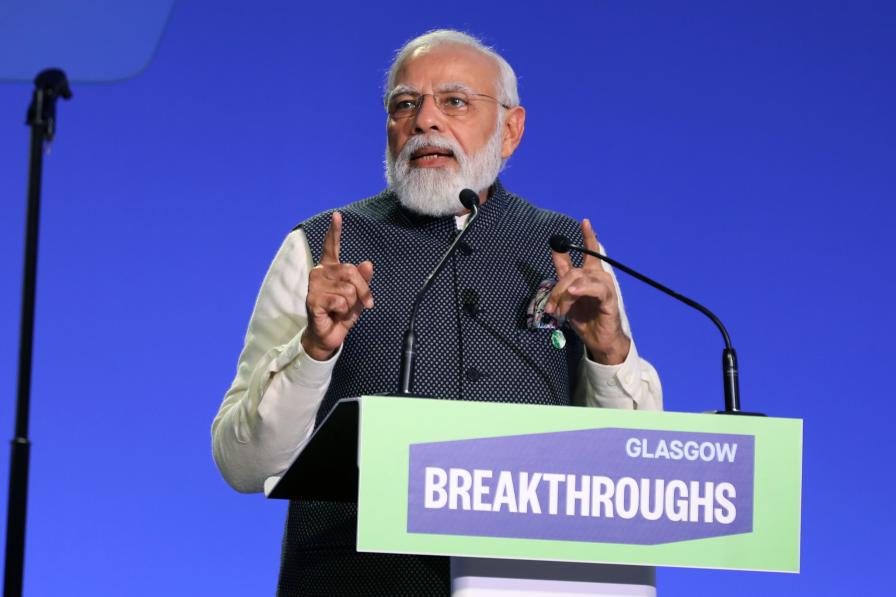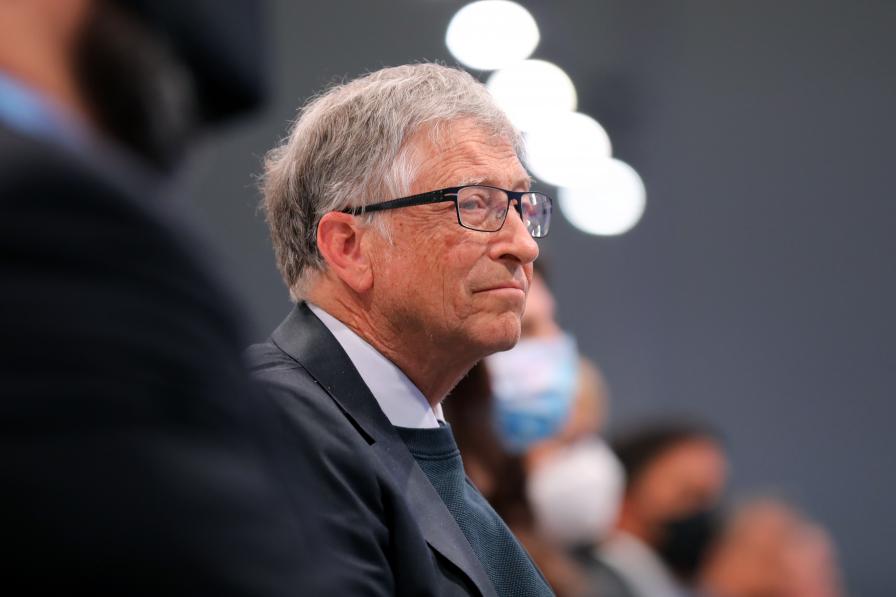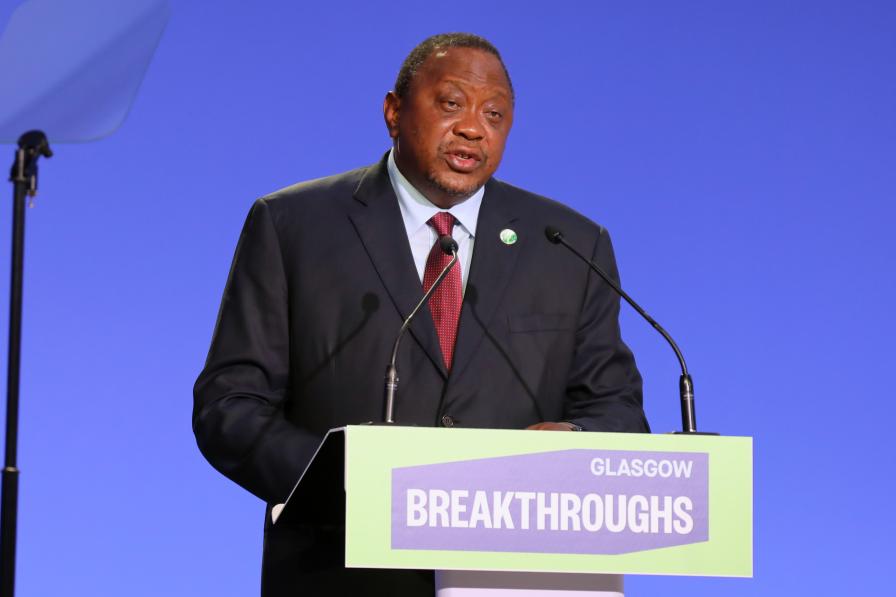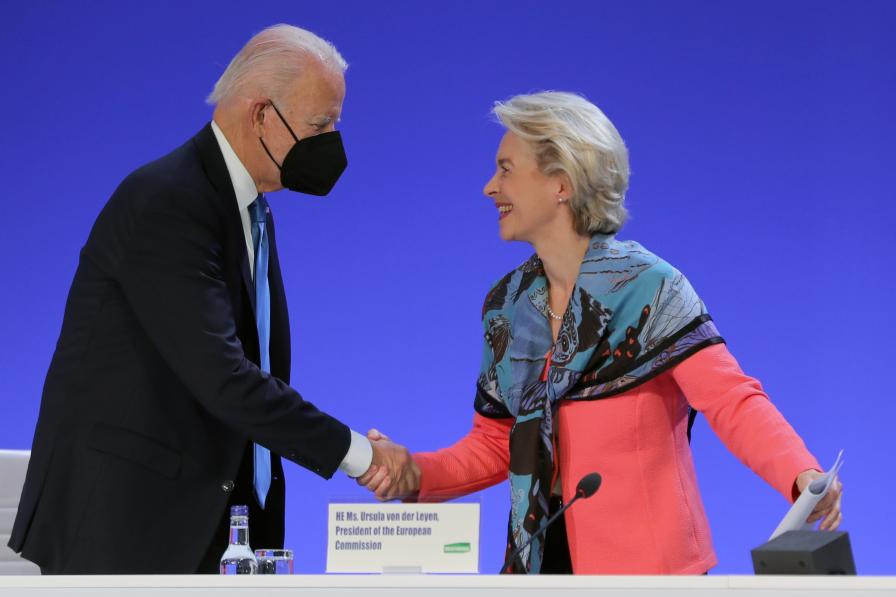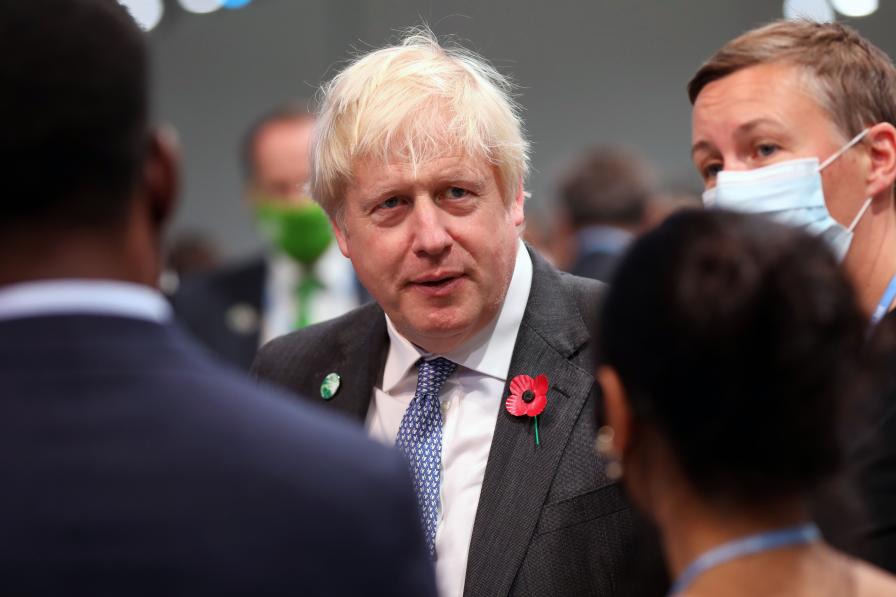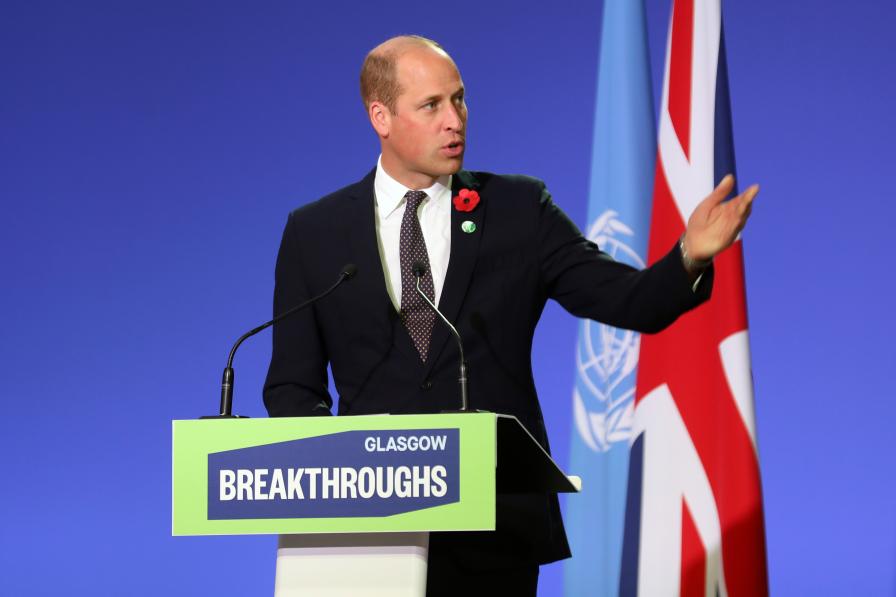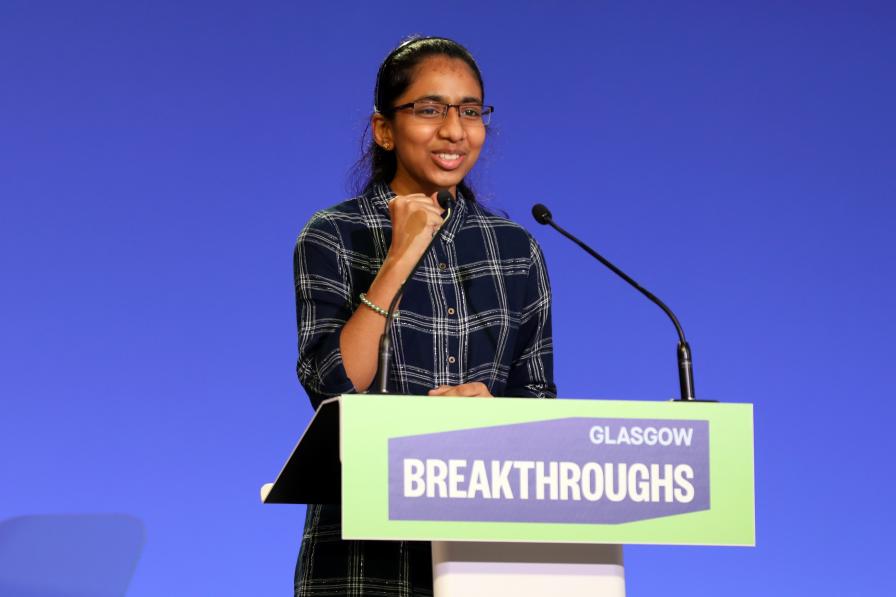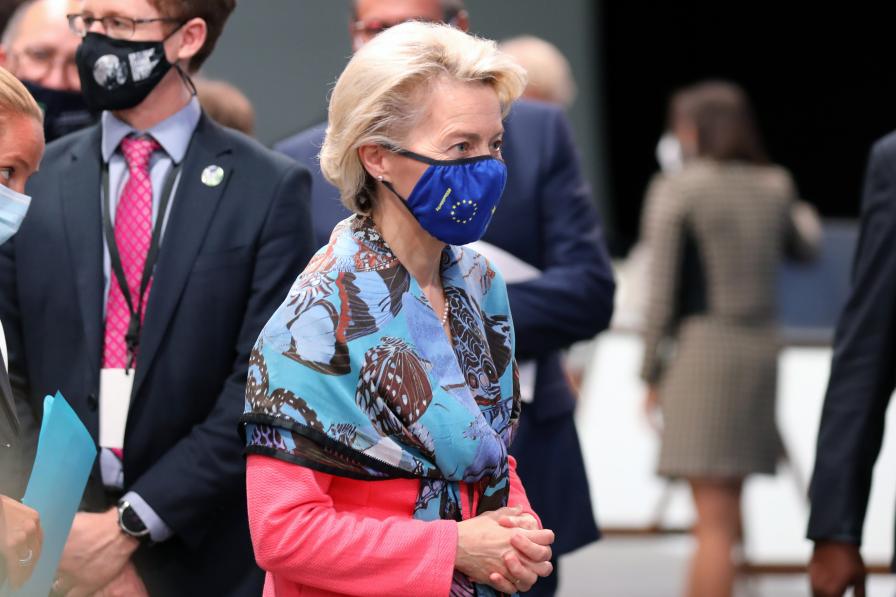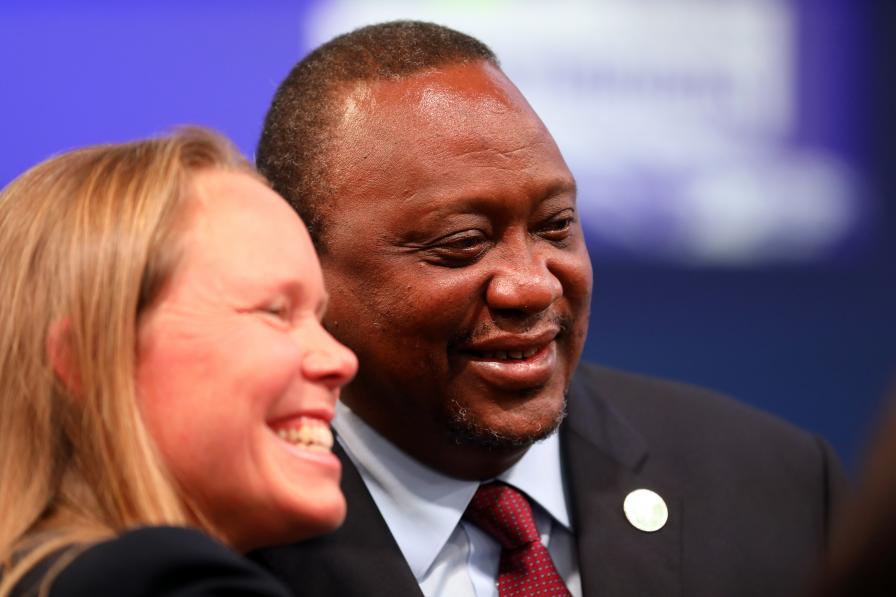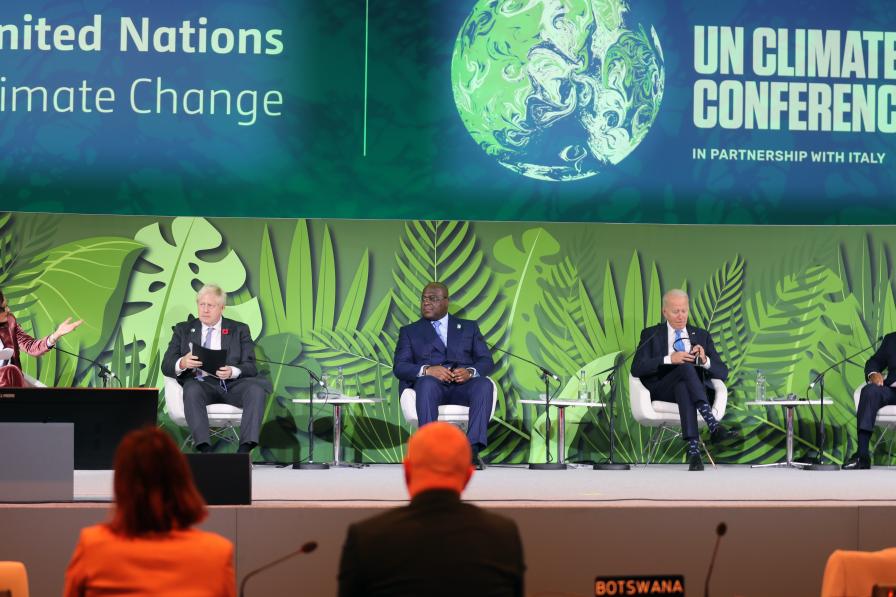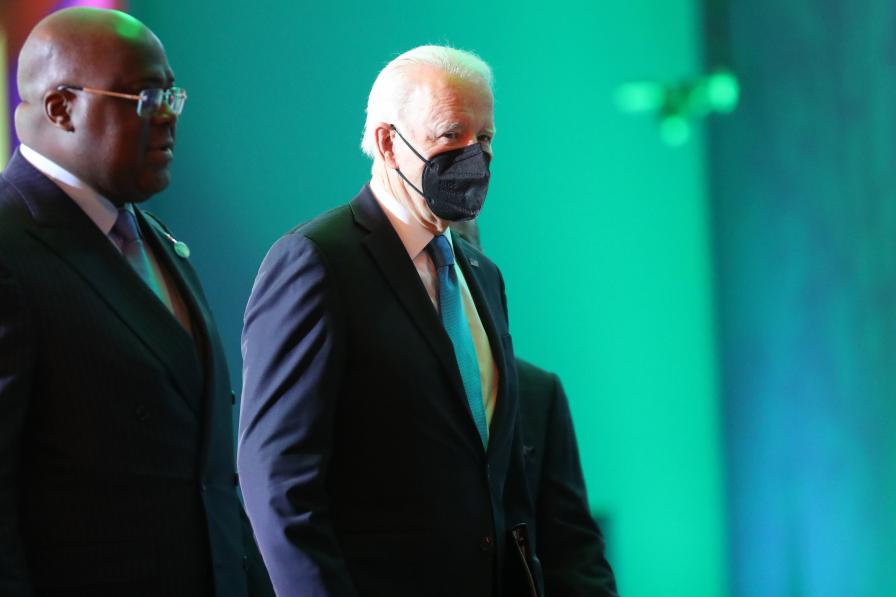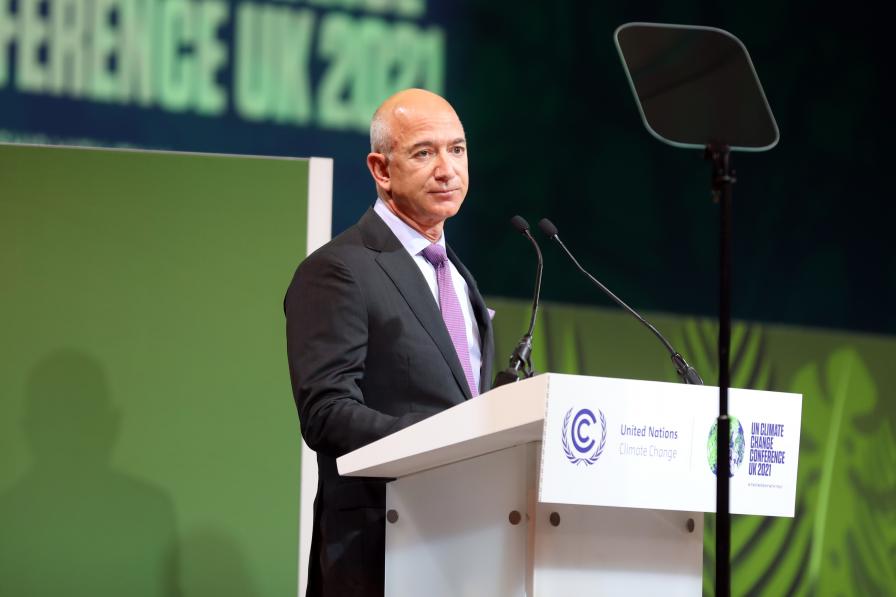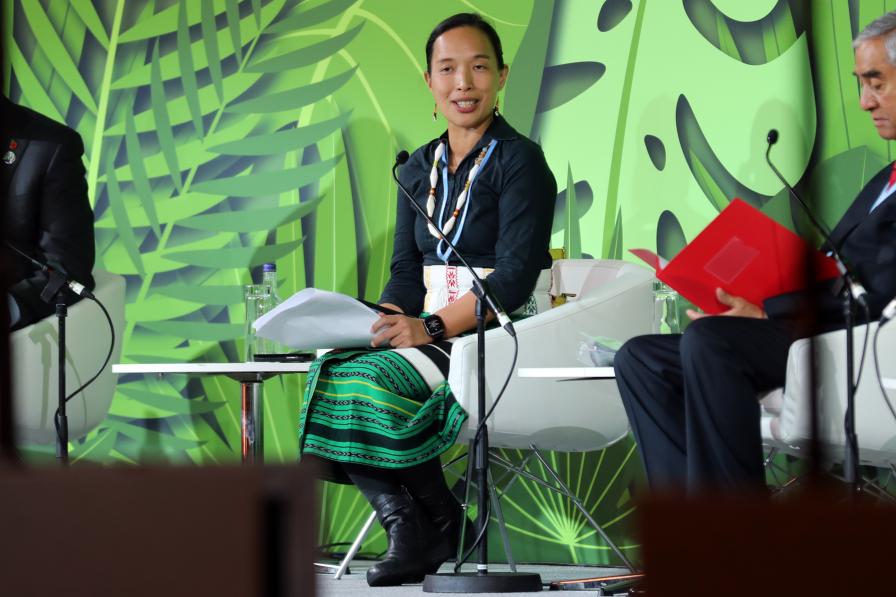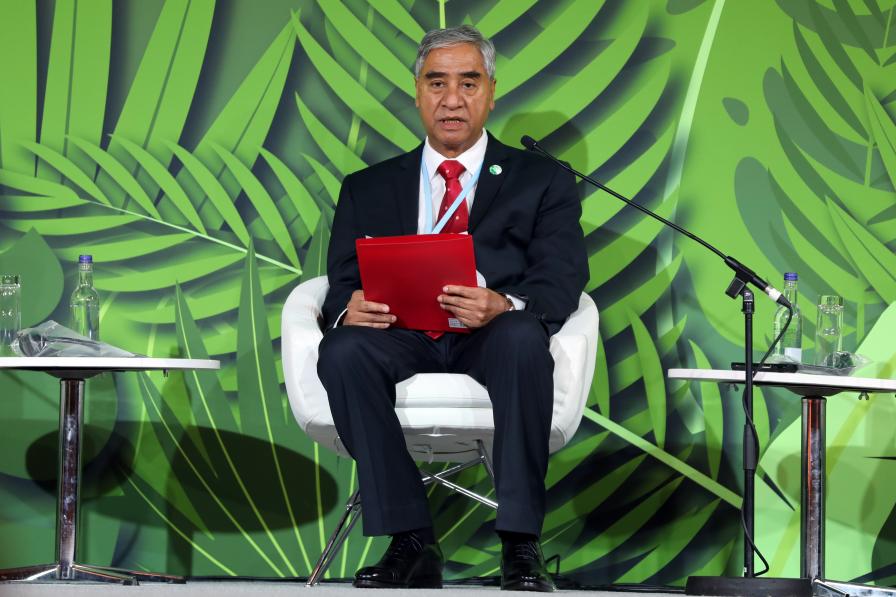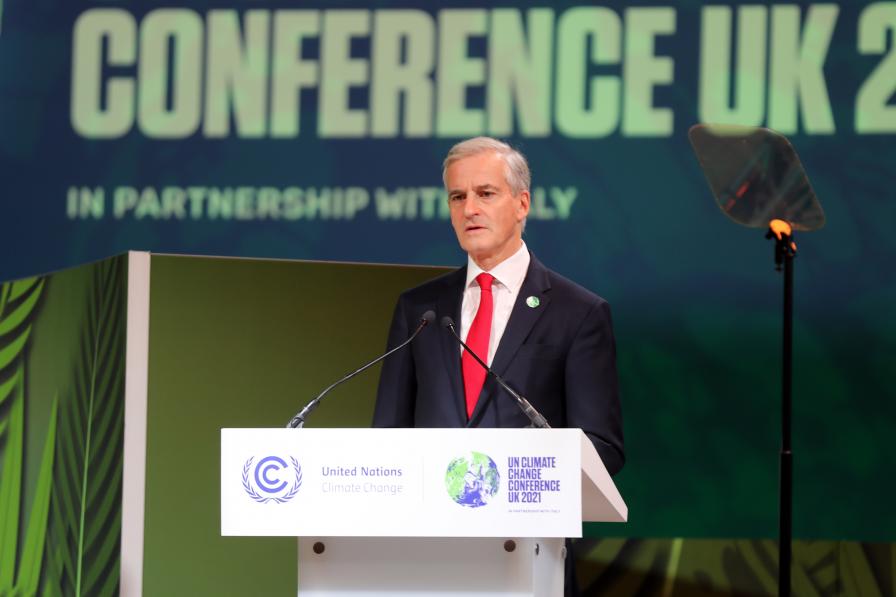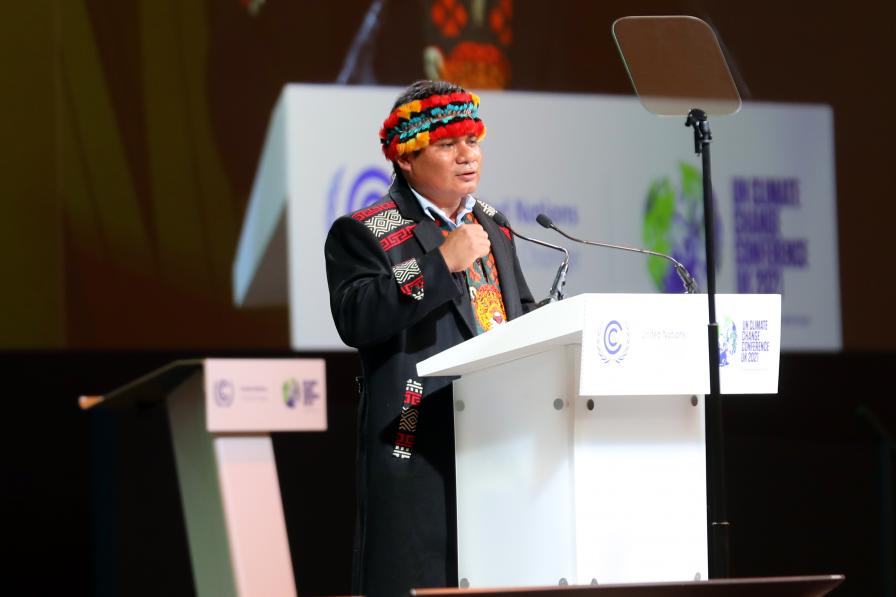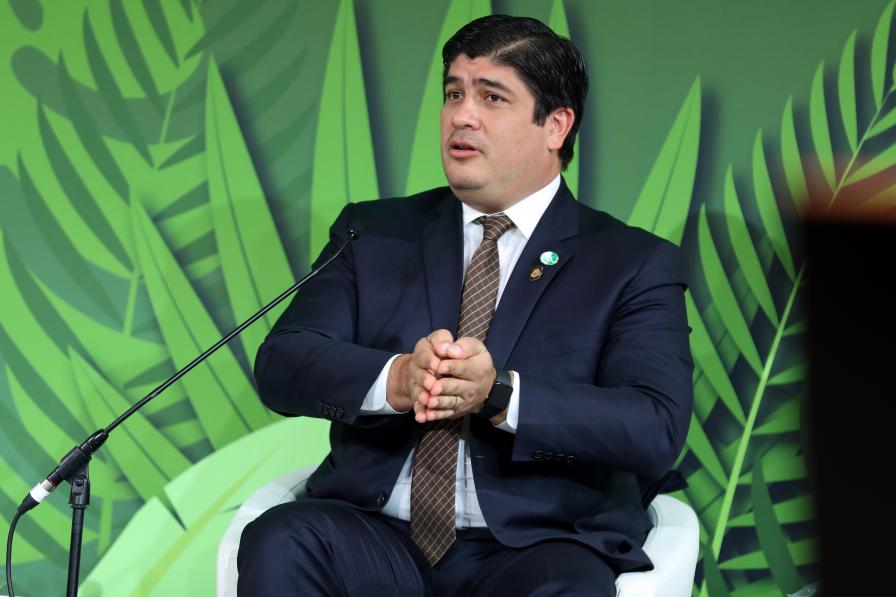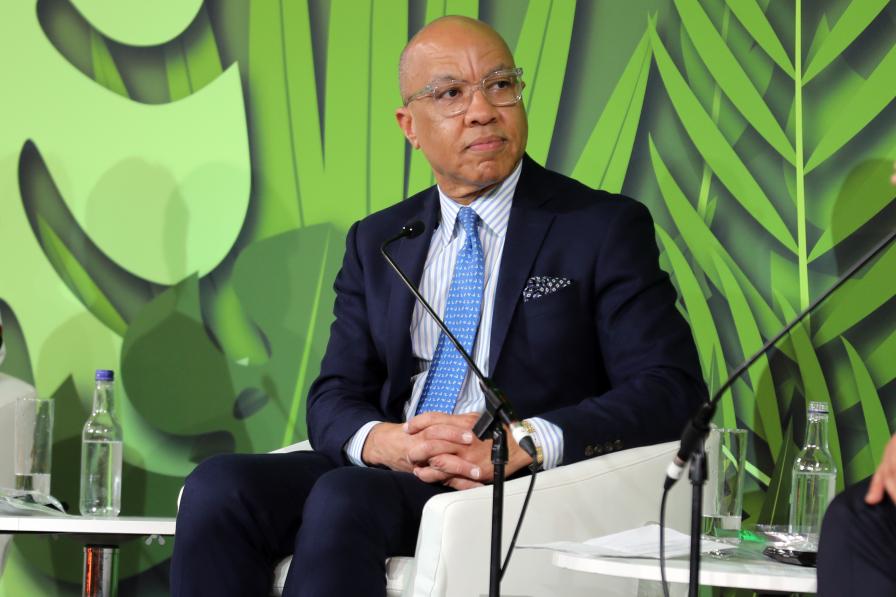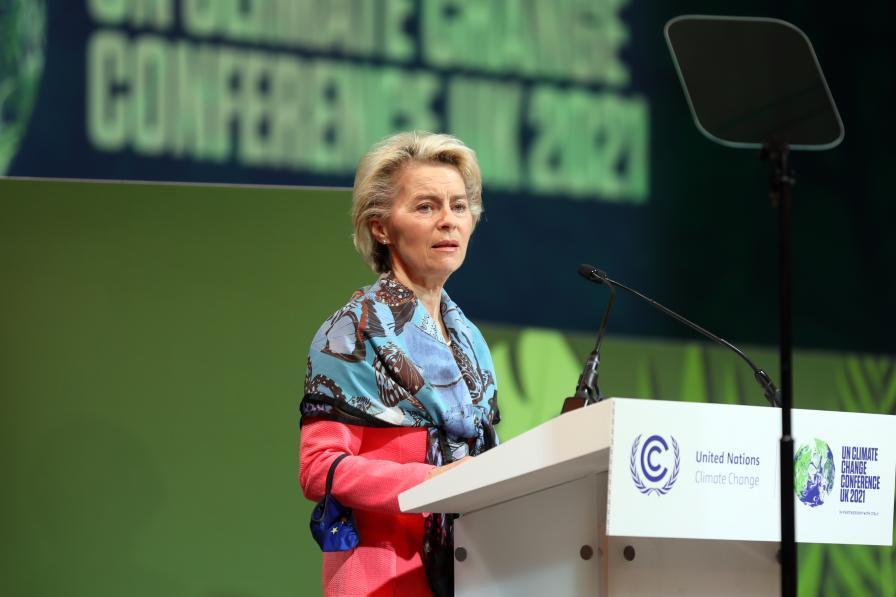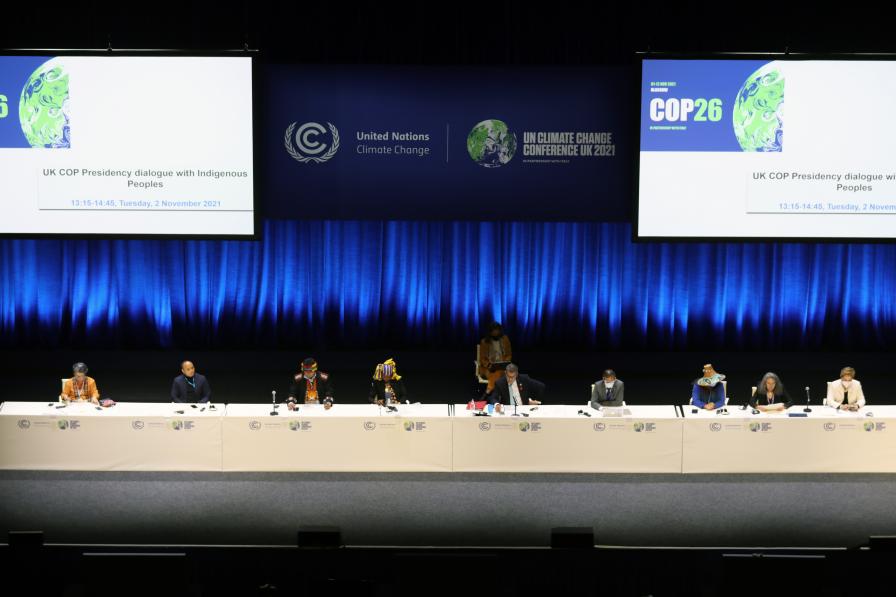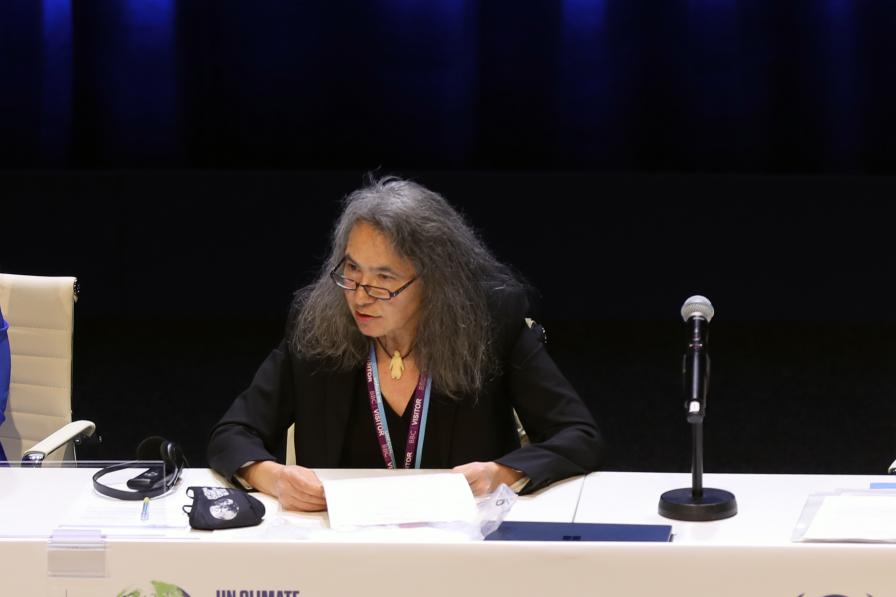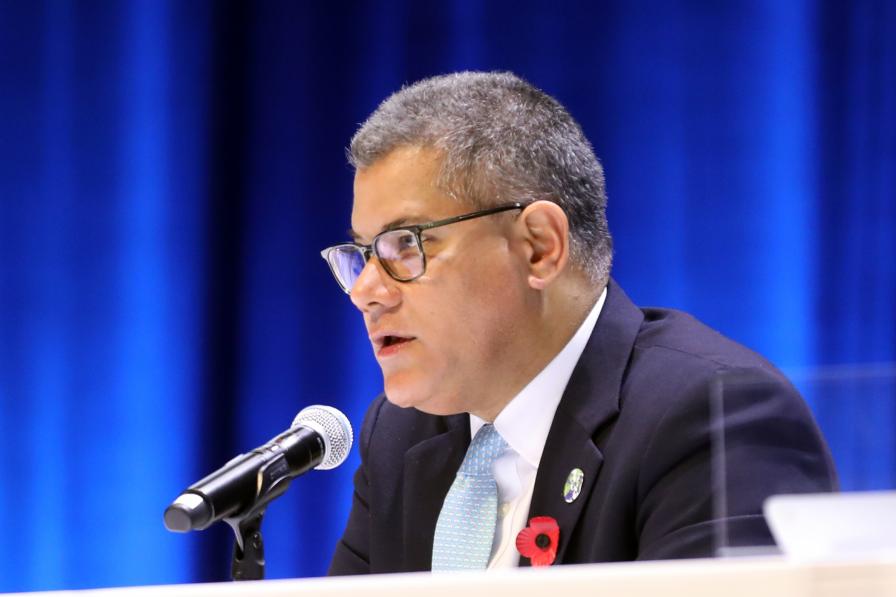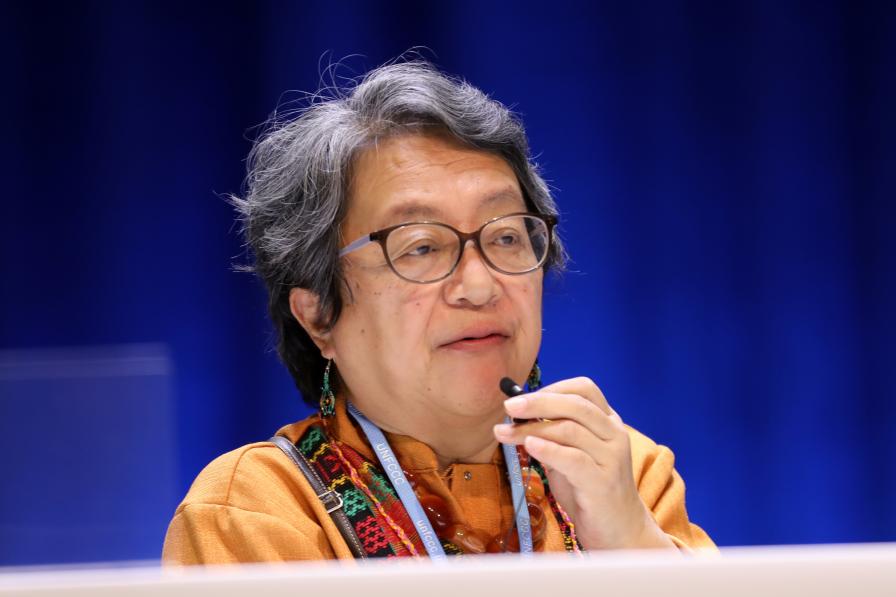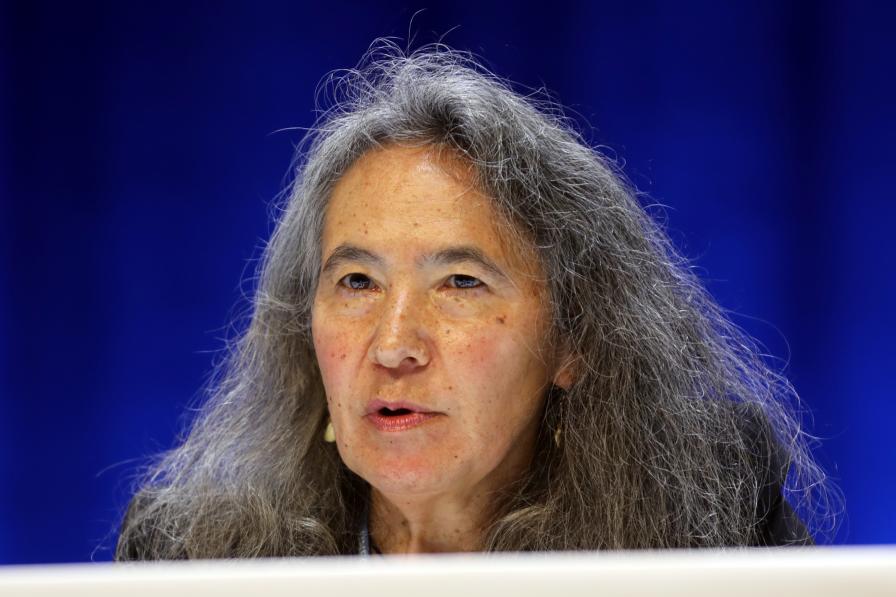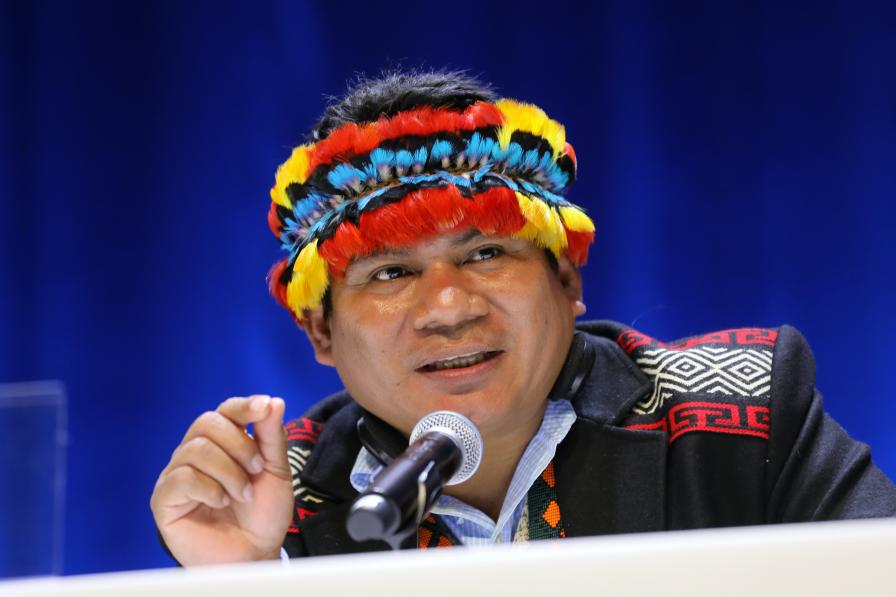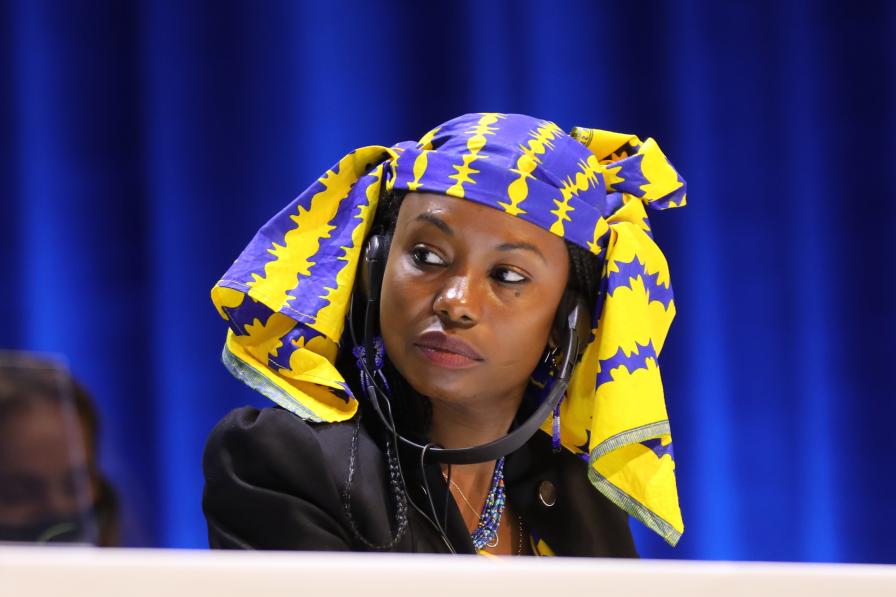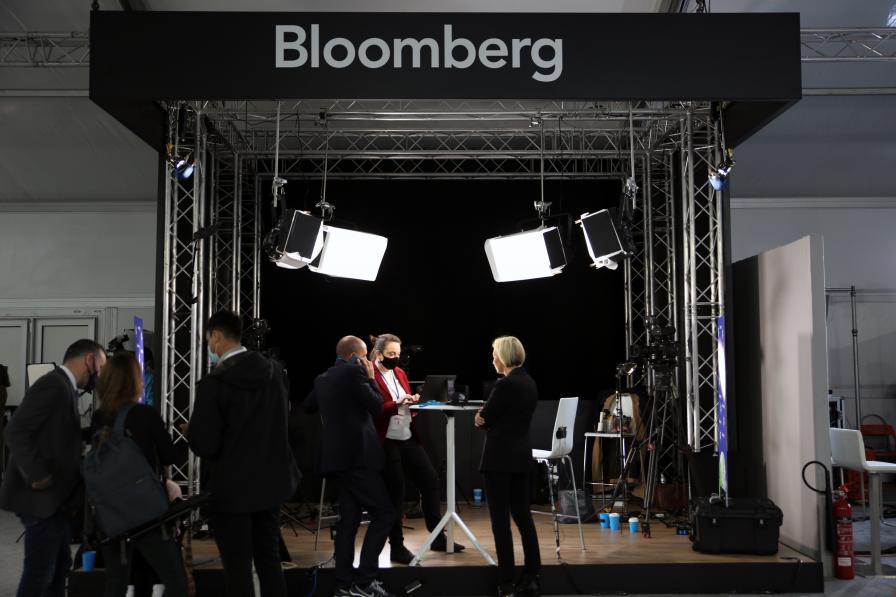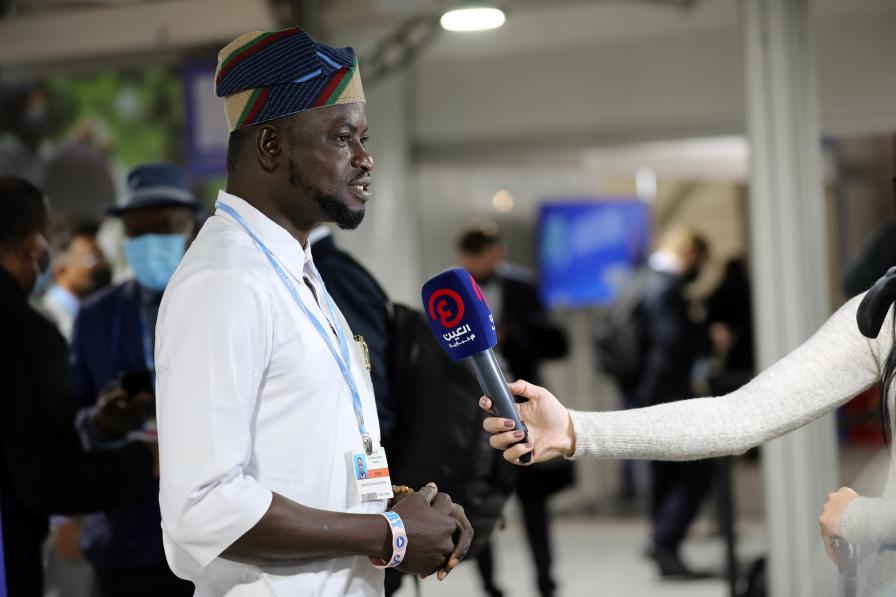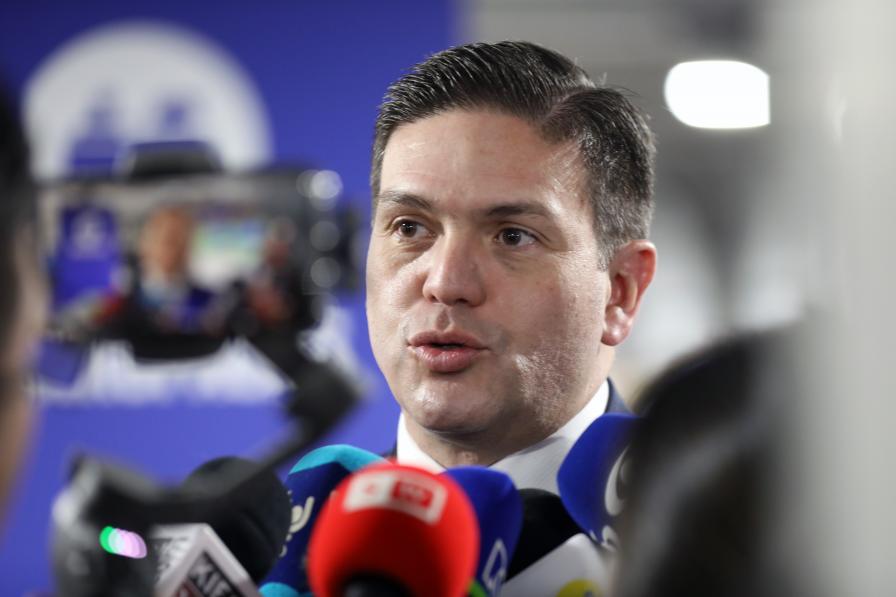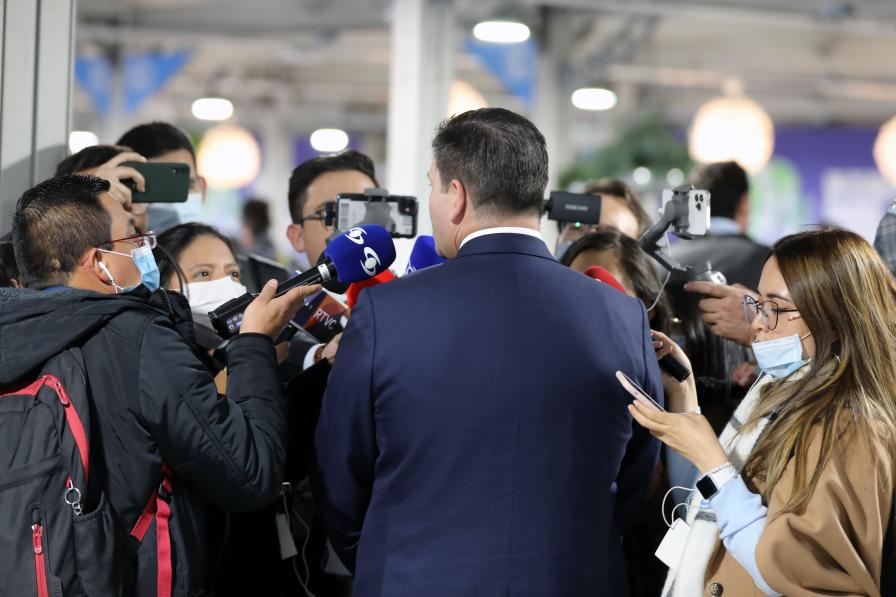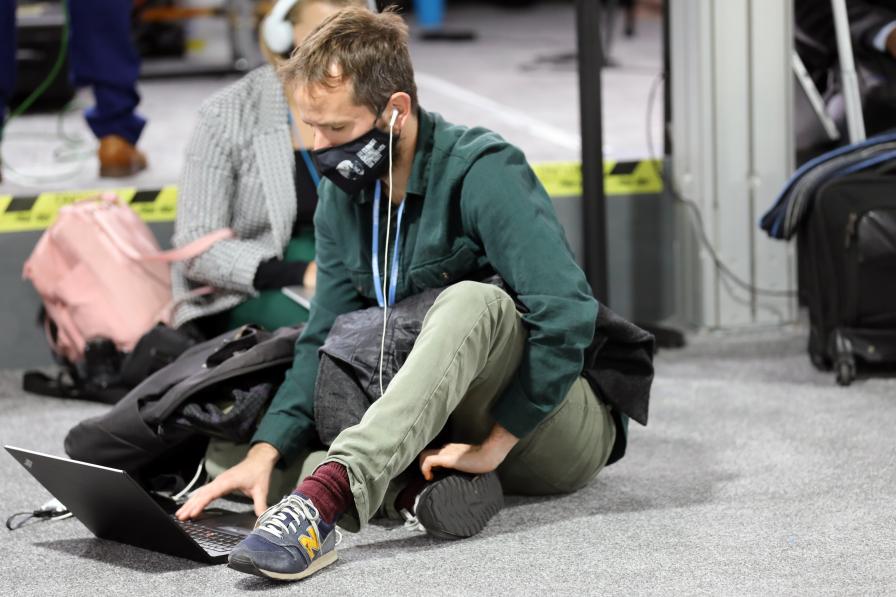It was a day of contrasts at the Glasgow Climate Change Conference. High-level events continued alongside technical negotiations. World leaders bustled room to room, while civil society’s anger with the limited access to the talks continued to grow.
Highlights included:
- Finance, forest, and other announcements from the World Leaders Summit; and
- Negotiations continuing or beginning on key issues.
You can also dive deeper by reading the full ENB daily report.
World Leaders Summit
The Summit wrapped up today, with a further 56 speeches from world leaders. Nigeria pledged to reach net zero by 2060.
Norway announced it would double its climate finance commitment to USD 1.6 billion by 2026, while Denmark pledged USD 1 billion by 2023 and Japan promised USD 10 billion in the next five years. In a high-level event, US Climate Envoy John Kerry suggested that, if Japan’s contribution would be USD 2 billion next year and could be used to mobilize another USD 6 billion in co-financing, then developed countries may meet the USD 100 billion goal in 2022. It was complicated math that won’t be fully understood for some time. Actual financial flows are usually tabulated at least one year after the fact.
There were several announcements of collective efforts. UK Prime Minister Boris Johnson announced the Glasgow Leaders’ Declaration on Forests and Land Use. It brings together 110 countries from around the world to end deforestation by 2030. The UK Presidency also launched the Breakthrough Agenda - a commitment endorsed by 42 states to accelerate the development and deployment of clean technologies and sustainable solutions by 2030.
The Global Methane Pledge also garnered headlines. First announced at the Major Economies Forum on Energy and Climate in September 2021, at COP 26, its membership grew to nearly 90 countries. Methane is a potent greenhouse gas and emissions are growing rapidly, particularly as countries shift from coal to gas. Countries signing the Pledge are committing to collectively reduce emissions by 30% by 2030 from 2020 levels. European Commission President Ursula von der Leyen also announced an independent methane emissions observatory that would be hosted by the UN Environment Programme.
The High Ambition Coalition, a loose group of various developed and developing countries first formed in 2015 in Paris, made (another) come-back, announcing resolve to deliver on mid-century net zero greenhouse gas emissions goals, including by phasing out unabated coal-fired power plants and halting inefficient fossil fuel subsidies as soon as possible.
France, Germany, UK, US and EU launched the International Just Energy Transition Partnership with South Africa, which aims to support South Africa's efforts to decarbonize its economy.
Negotiations
Finance comprises a significant portion of the agenda of work at COP 26. These negotiations launched Tuesday. Countries debated the future of the programme on long-term finance, which has focused on developed countries’ collective finance mobilization target of USD 100 billion per year by 2020. Countries also initiated deliberations on the new collective quantified post-2025 finance goal. Many see a robust start on these discussions as a key deliverable to be achieved in Glasgow.
Transparency negotiations dominated the day. There were informal negotiations on the specific tables and formats that countries will use to report on their emissions, and support provided and received, among other key aspects of climate action. Delegates started to discuss a draft decision, which will be revised and re-issued as negotiations on this (and other technical issues) aim to conclude by Saturday.
Capacity building discussions proved to be a bright spot, with delegates converging on decision text early into the process.
To receive free coverage of global environmental events delivered to your inbox, subscribe to the ENB Update newsletter.
ENB images are free for use with attribution. For the Glasgow Climate Change Conference, please use Photo by IISD/ENB Mike Muzurakis.
World Leaders Summit
Selected Images from Consultations
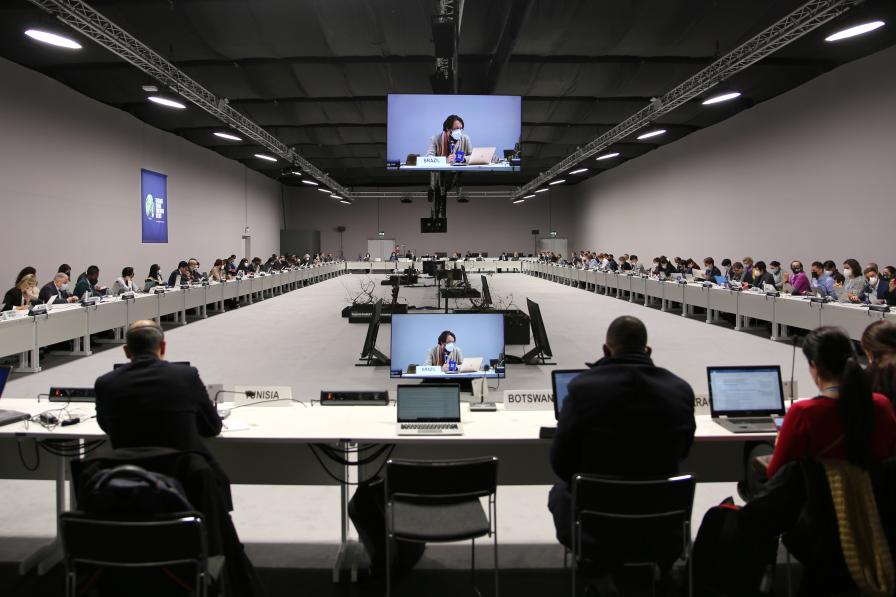
SBSTA informal consultations on outlines of the biennial transparency report, national inventory document and technical expert review report
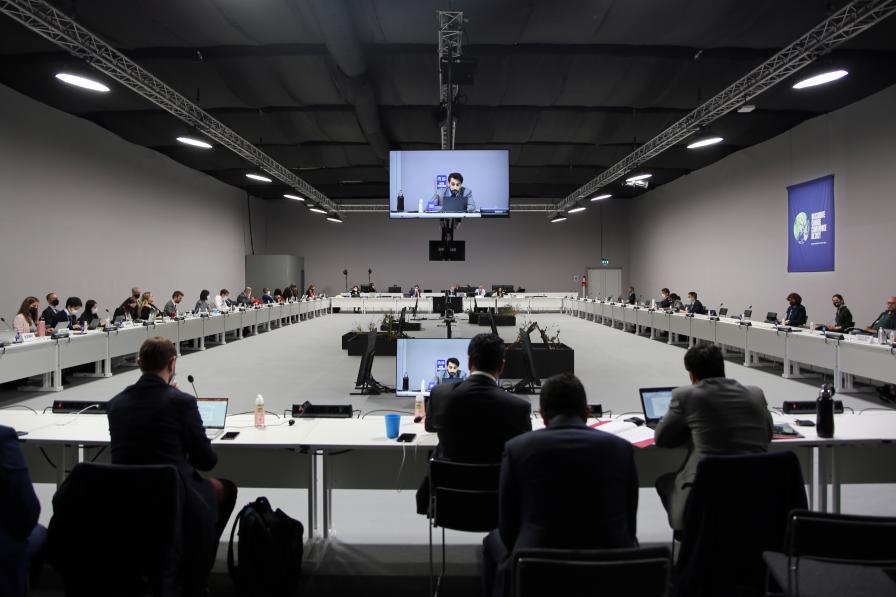
SBI/SBSTA informal consultations on matters related to the forum on the impacts of response measures
